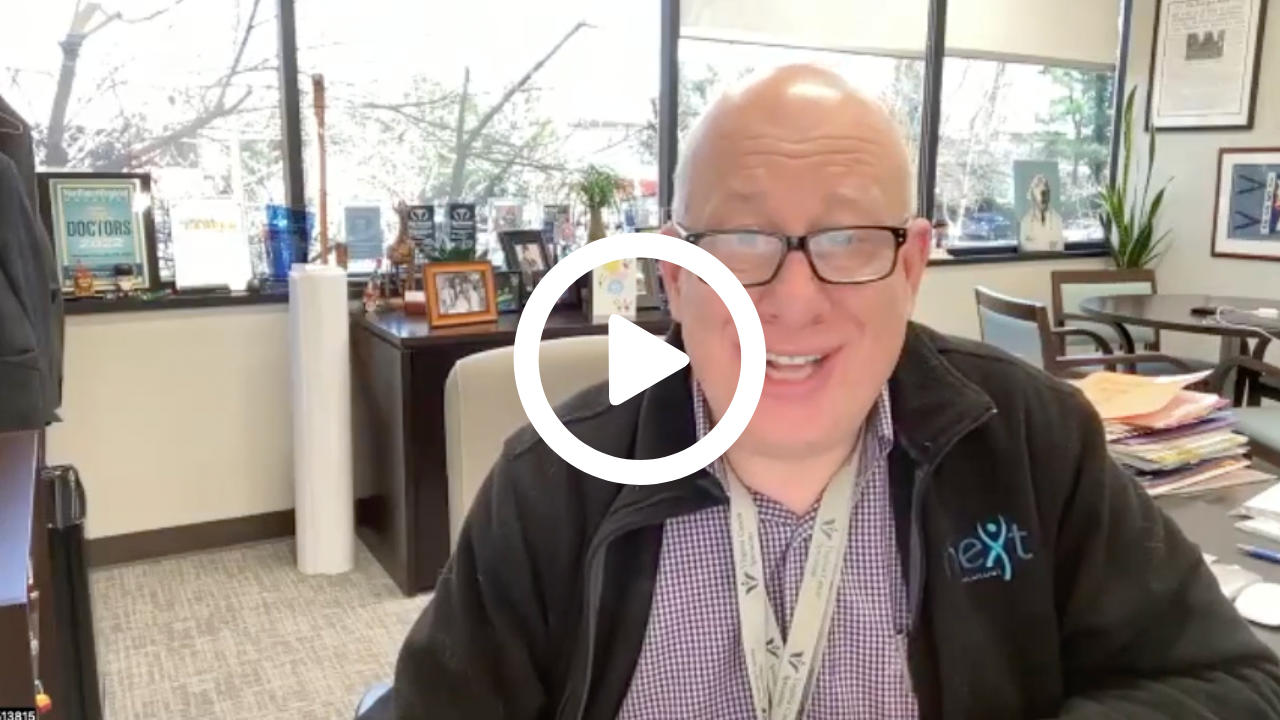FDA Grants Priority Review to Sunvozertinib in EGFR+ NSCLC
The FDA granted priority review to sunvozertinib for the treatment of advanced NSCLC with EGFR exon 20 mutations, based on promising efficacy and safety data from the WU-KONG1 trial.
Lung cancer and lung disease, generative AI: © Royalty-Free - stock.adobe.com

- The FDA has granted priority review to the new drug application (NDA) for sunvozertinib (DZD9008), an oral EGFR inhibitor, for the treatment of locally advanced or metastatic non–small cell lung cancer (NSCLC) with EGFR exon 20 insertion mutations, identified using an FDA-approved test.
- The indication targets patients whose disease has progressed following platinum-based chemotherapy.
- Findings from the phase 2 WU-KONG1 part B trial (NCT03974022) support this submission.
The FDA has granted priority review to the NDA for sunvozertinib, an oral EGFR inhibitor, for treating patients with locally advanced or metastatic NSCLC with EGFR exon 20 insertion mutations (exon20ins), as identified by an FDA-approved test, who have experienced disease progression following platinum-based chemotherapy.1
The multinational phase 2 WU-KONG1 Part B trial (NCT03974022) of sunvozertinib for the treatment of patients with relapsed/refractory NSCLC harboring EGFR exon20ins serves as the basis of this NDA submission.
Data from the trial were presented at the 2024 American Society of Clinical Oncology Annual Meeting.2 As of the data cutoff on March 22, 2024, among evaluable patients receiving sunvozertinib at 300 mg once daily (n = 107), the best overall response rate (ORR) was 54.3% (97.5% CI, 42.0%-64.3%), and the confirmed ORR was 44.9% (97.5% CI, 34.0%-56.1%).2
Responses included a complete response (CR) rate of 2.9% (confirmed CR, 1.9%), partial response (PR) rate of 50.5% (confirmed PR, 43.0%), PR pending confirmation (3.7%), stable disease (36.4%), and progressive disease (7.5%). Three patients were not evaluable for response.
“Patients with [NSCLC with] EGFR [exon20ins] face a poor prognosis and limited treatment options,” said Xiaolin Zhang, PhD, chief executive officer of Dizal, in a press release.1 “Sunvozertinib’s priority review designation marks an important regulatory milestone in Dizal’s efforts to address unmet medical needs worldwide.1 The results from the WU-KONG1 Part B study are promising. If approved, sunvozertinib as a single oral drug would offer a convenient and safe treatment option with superior efficacy for [patients with] NSCLC with EGFR [exon20ins ].”
About Part B of the WU-KONG1 Trial
WU-KONG1 is a part B, phase 2, multinational study evaluating the antitumor efficacy of sunvozertinib in patients with platinum pre-treated NSCLC with EGFR exon20ins. Sunvozertinib is being tested in the trial at 2 dose levels: 200 mg and 300 mg.2,3
Part B of the study enrolled patients with locally advanced or metastatic NSCLC with EGFR exon20ins confirmed in tumor tissue.3 Patients were required to have an ECOG performance status of 0 or 1 and have received prior treatment with platinum-based chemotherapy.
Once enrolled, patients were randomly assigned in a 1:1 fashion to receive 1 of the 2 doses of sunvozertinib daily. At the interim analysis, a total of 111 patients went on to receive continuous dosing of the sunvozertinib at the 300 mg dose daily until trial discontinuation criteria were met.
The primary end point of the study was independent review committee (IRC)–assessed ORR. A key secondary end point was IRC-assessed duration of response (DOR), and additional secondary end points included investigator-assessed ORR and DOR.
Additional findings from the trial showed that the median DOR was not reached.2 The 9-month DOR rate was 57%. Further, antitumor activity was observed among those treated with sunvozertinib, regardless of the receipt of prior therapy with amivantamab-vmjw (Rybrevant). In patients with and without prior amivantamab exposure, best ORRs were 50% and 53.8%, respectively.
For safety, the most common grade 3 or higher treatment-related adverse events (TRAEs) seen with sunvozertinib given at the 300-mg dose were diarrhea (17.1%), increased blood creatinine phosphokinase levels (10.8%), anemia (3.6%), rash (3.6%), increased lipase levels (3.6%), decreased neutrophil counts (2.7%), hypokalemia (2.7%), decreased appetite (2.7%), and asthenia (2.7%). A total of 36.0% of patients had TRAEs which led to dose reductions and treatment discontinuation. Further, most common TRAEs were deemed grade 1 or 2 and were clinically manageable, and there were no TRAEs that led to death.
About Sunvozertinib
Sunvozertinib is an oral, irreversible EGFR inhibitor which targets a broad spectrum of EGFR mutations with wild-type EGFR selectivity.1
In August 2023, the agent received accelerated approval from the National Medical Products Administration of China. This approval marked the first and only oral treatment for patients with NSCLC harboring EGFR exon20ins globally. Findings from the WU-KONG6 study (NCT05712902) supported the approval of sunvozertinib. In the trial, sunvozertinib led to encouraging antitumor activity among patients with EGFR, T790M, and uncommon mutations, as well as HER2 exon20ins.
In April 2024, the FDA granted sunvozertinib breakthrough therapy designation. This was followed by submission of an NDA for the agent in November 2024. Both of these regulatory decisions were based on findings from the WU-KONG1 study.
REFERENCES
U.S. FDA granted priority review to Dizal’s sunvozertinib new drug application. News release. Dizal. January 7, 2025. Accessed January 7, 2025. https://tinyurl.com/rweh628p
Yang J CH, Doucet L, Wang M, et al. A multinational pivotal study of sunvozertinib in platinum pretreated non-small cell lung cancer with EGFR exon 20 insertion mutations: primary analysis of WU-KONG1 study. J Clin Oncol. 2024;42(suppl 16)8513. doi:10.1200/JCO.2024.42.16_suppl.8513
Assessing an oral EGFR inhibitor, sunvozertinib in patients who have advanced non-small cell lung cancer with EGFR or HER2 mutation (WU-KONG1). Updated December 12, 2024. Accessed January 7, 2025. https://www.clinicaltrials.gov/study/NCT03974022









